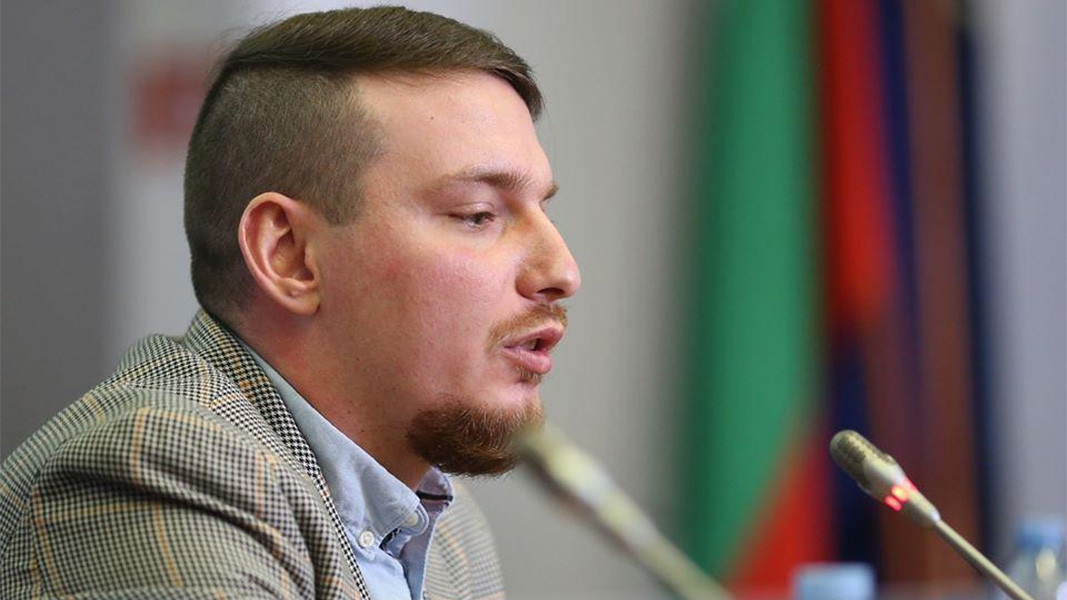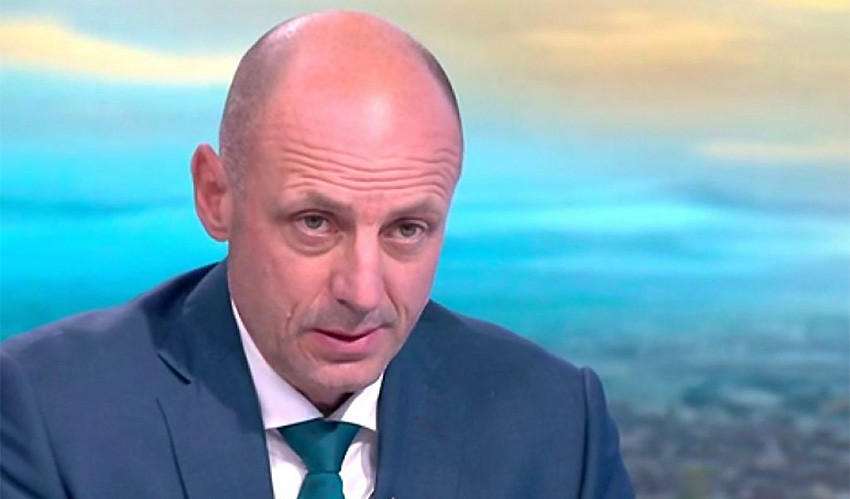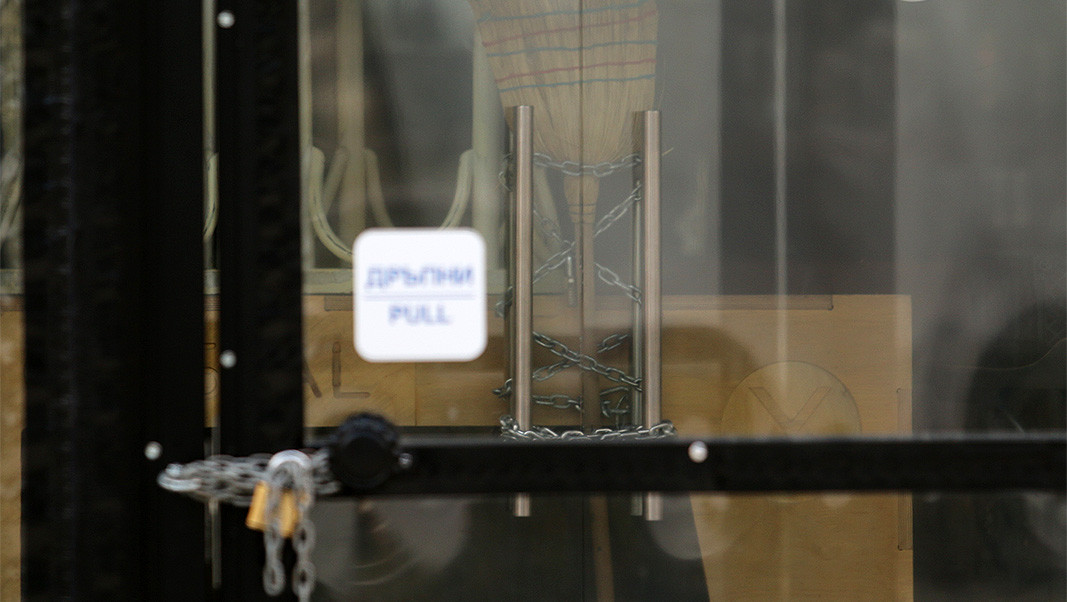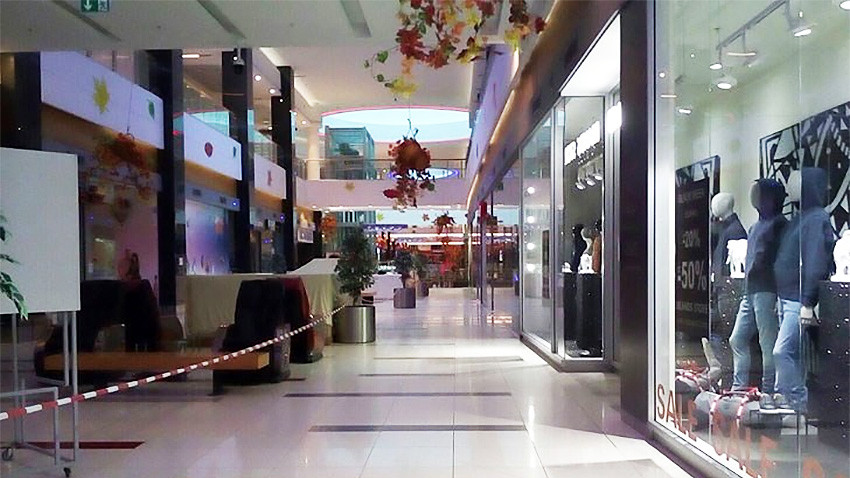Since March 22, Bulgaria is in the third lockdown since the beginning of the pandemic. The "Closed" sign can once again be seen on the doors of hundreds of companies. How will this affect Bulgarian businesses?
According to Adrian Nikolov from the Institute for Market Economics (IME), the Bulgarian economy, apart from some specific services, is already used to working in the conditions of a lockdown. For large processing enterprises, the introduction of a new lockdown is irrelevant after overcoming the initial shock of last spring, when there were border closures, ambiguity with shipments, etc. The focus is now on hotels and restaurants, the cultural and sports sectors. Their income is not basic for the GDP, but everything is connected in a common chain, because of the many jobs and employment provided for hundreds of thousands of people.

"It all depends on whether in the course of the new lockdown the state will decide to be in the lead in the control of the implementation of the measures, or to leave it to the municipalities,” Nikolov told the BNR. “A few weeks ago the attitude of the state was - let's let the districts decide depending on the situation on the spot. Literally weeks later we witness how the state takes matters into its own hands and closes everything. The transfer of the responsibility from the state to the local government and vice versa creates uncertainty and businesses do not know what will happen next."
According to Atanas Dimitrov, Deputy Chairman of the Bulgarian Hotel and Restaurant Association, a big challenge is to keep people so that one day hotels and restaurants can reopen with the required quality, known and sought after by customers:

"These were our demands to the institutions and the state – that workers should be compensated. They started extremely hesitantly with the measures "60/40" and "80/20", which are practically inapplicable for closed businesses and during the first lockdown no one got anything”, says Dimitrov. “These measures work for a limited number of businesses that are not closed. Employers do not have any income to pay this 40%. Subsequently, funds in the amount of BGN 24 per day were allocated, and in January, people started receiving 75% of their salary. We also agreed on some compensation of 20% for employers, enough to cover their costs. Maybe about 30% of our colleagues have given up the profession, and now, after the new lockdown, we expect the reluctance to invest in risky business to escalate”.
The biggest expenses of restaurateurs and hoteliers are focused on compliance with health regulations and measures, as they realize that their businesses are directly related to the health of customers.

According to Atanas Pekanov, an economist at the Austrian Institute for Economic Research (WIFO), Bulgaria's crisis management model is chaotic and restaurants should not have opened in early March. He is adamant that this will lead to even greater losses for the restaurant industry, because a lot of money was spent to open the restaurants three weeks ago. According to him, the right decision is for the government not to follow the demands of the industry, but to focus on compensatory measures.
Following the announcement of the 10-day lockdown, which will last until the end of March, the Minister of Economy Lachezar Borisov announced full support for businesses in the conditions of the lockdown. All measures currently in force remain active. Lachezar Borisov believes that during the crisis Bulgaria stands relatively well compared to other countries, as confirmed by economists.
"Bulgaria entered this crisis with very good macroeconomic indicators - very small deficit, very low debt”, says Adrian Nikolov from IME. “In the context of the entire EU, Bulgaria continues to have some of the best budget indicators, against the background of countries such as Italy and Spain and France, which had entered a much bigger economic crisis and stimulated their economies much more aggressively through budgets. We will think about budgetary discipline when this situation is over. It's more important to think about how many businesses can be saved.”

What's ahead? The expectations of all analysts for the normalization of economies are related to the vaccination campaign. After reaching the required number of vaccinated persons, the Bulgarian economy is expected to be positively affected also by the funds from the European Recovery Plan.
Compiled by Ioan Kolev (based on interview aired on BNR’s Horizon channel)
English version Rositsa Petkova
Photos: library, stolica.bg and BGNESBulgaria’s accession to the eurozone will reduce transaction costs with key trade and investment partners, according to the annual U.S. State Department report on the investment climate in the country, reported BGNES. The report emphasizes that..
Less than 100 days remain until Bulgaria joins the eurozone, and this is another reason to talk about the incomes of people in Bulgaria, about the Bulgarian economy, about foreign investments and about the domestic labour market which reacts the..
At the end of September, with a little over three months to go until the Rubicon in Bulgarian public finance - 1 January, 2026, when the country will officially leave the currency board and adopt the single European currency, the euro – issues..
Bulgaria will receive EUR 7.4 million in aid from the European Commission to support farmers affected by adverse production conditions in recent months,..

+359 2 9336 661
